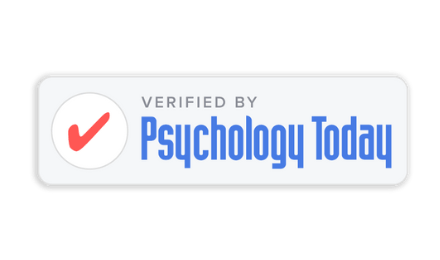Panic disorder is a severe mental health disorder that affects thousands of Canadians, although it can be difficult to accurately diagnose. Symptoms of a panic attack may include extreme fear, chest pain, sweating, trembling, accelerated heart rate, and feelings of dread or terror. The root cause of a panic disorder is not known, but research has suggested that the attachment style a person develops in childhood may be related to panic attacks. Let’s explore the relationship between attachment and panic disorder to understand how the condition works and how to treat it.
What Is Attachment?
Attachment is the emotional bond between an infant and a caregiver. It is the first relationship formed in a person’s life and has a significant impact on the development of an individual’s emotion, trust, and security. It’s the very thing that provides a sense of safety, comfort, and security for the child, which in turn helps them to explore the world around them. How an individual forms an attachment to a caregiver is largely influenced by the quality of care that the caregiver provides.
Basically, attachment is the emotional bond that develops between an infant and its primary caregiver. This bond is formed through the infant’s need to rely on its primary caregiver for emotional support, protection, and intimacy. Attachment is critical for the development of emotional regulation and the ability to cope with stress in later life. Unfortunately, when attachment is insecure, it can lead to the development of panic disorder.
What Is Panic Disorder?
Panic disorder is a type of anxiety disorder that is characterized by the presence of recurrent and intense episodes of fear or terror, often referred to as panic attacks. These attacks typically last for a few minutes and involve physical symptoms such as increased heart rate, sweating, shaking, and difficulty breathing. People with panic disorder may avoid places or situations that trigger these attacks, leading to significant distress and disruption in their daily lives.
How Do the Two Disorders Interact?
Attachment has been identified as a risk factor for the development of panic disorder. People with insecure attachment patterns are more likely to experience anxiety and fear in interpersonal relationships, leading to a greater risk of panic attacks in certain situations. This is due to the fact that an insecure attachment style may lead to feelings of inadequacy and insecurity, which can trigger anxiety and panic. In addition, those with an insecure attachment style may be more likely to internalize their fears and worries, leading to increased levels of anxiety.
The interaction between attachment and panic disorder is complicated. Recent research has suggested that those with an insecure attachment style may be more likely to experience panic attacks, and that secure attachment may play a role in reducing panic attacks. Furthermore, research has shown that individuals with secure attachment styles may be more likely to seek out help for their symptoms, which could be beneficial in the treatment of panic disorder. Ultimately, further research is needed to better understand the interaction between attachment and panic disorder.
What Are the Implications of This Interaction?
The ,implications of attachment in panic disorder are far-reaching. On a psychological level, an individual’s attachment to others can create a sense of safety and trust. When a person has a strong attachment to their family, friends, or even their pets, they may be less likely to experience panic-like symptoms. This is because they have a secure base to which they can turn in times of distress.
Conclusion
Individuals with panic disorder are likely to have difficulty forming and maintaining healthy attachments due to the fear of abandonment or rejection. As such, further research is needed to better understand the role of attachment in panic disorder and to develop effective interventions that target attachment-related issues.
Suffering from anxiety and panic disorders can be a very difficult and overwhelming experience. That’s why Blue Sky Wellness Clinic is here to help through family and ,individual counselling services. We pride ourselves in offering a safe and supportive environment where you can explore your thoughts and feelings, and find the best ways to manage your anxiety and panic. At Blue Sky Wellness Clinic, we believe that everyone deserves to live their best life. Contact us today to start your journey to wellness.








